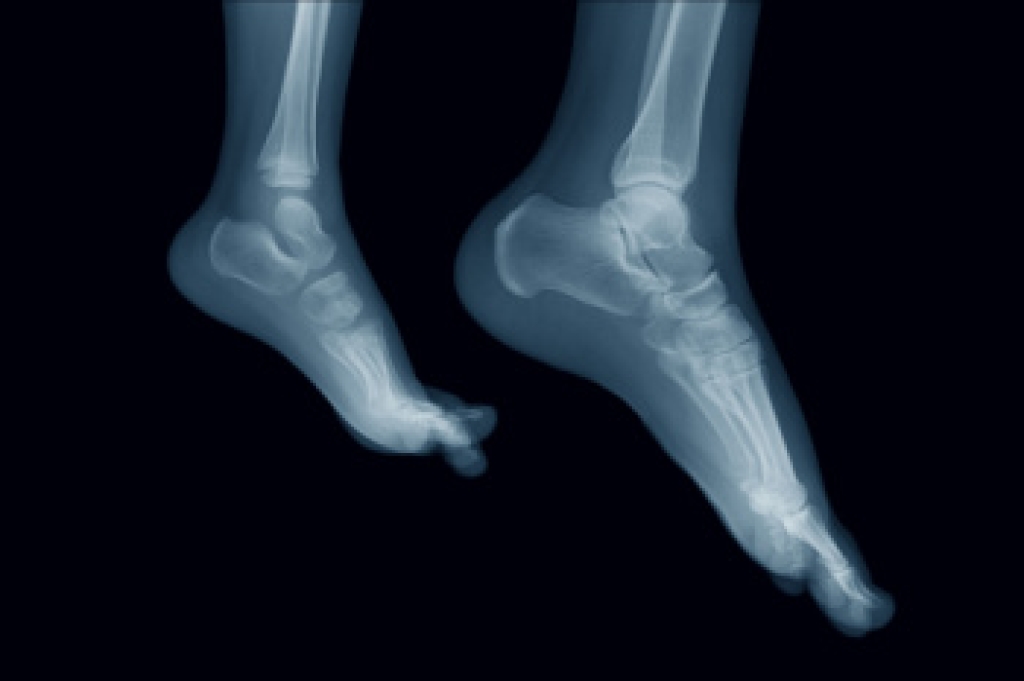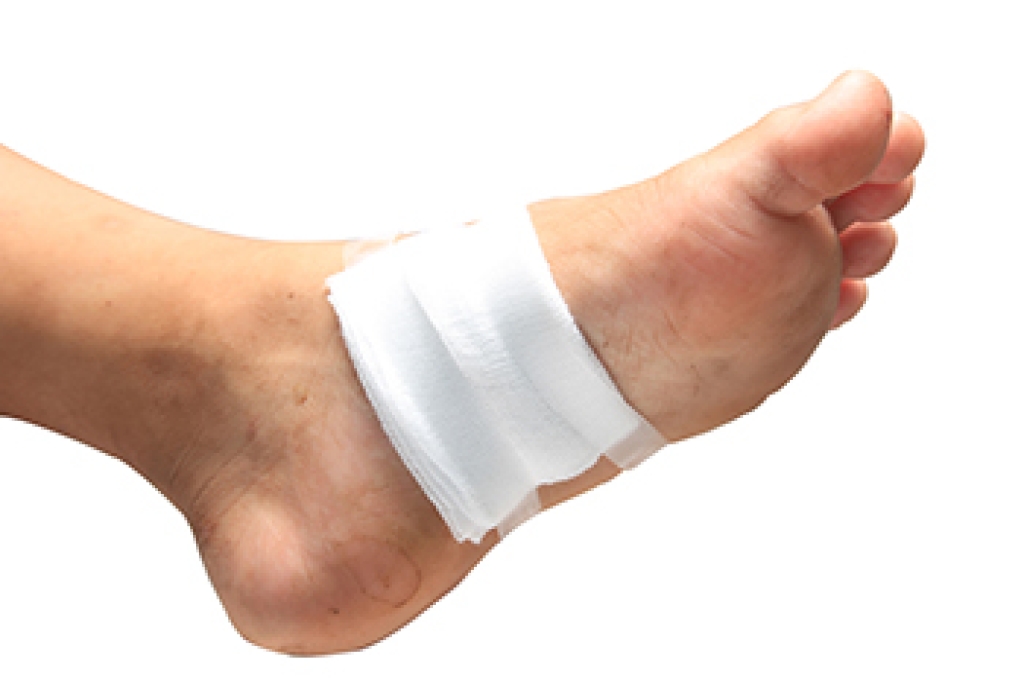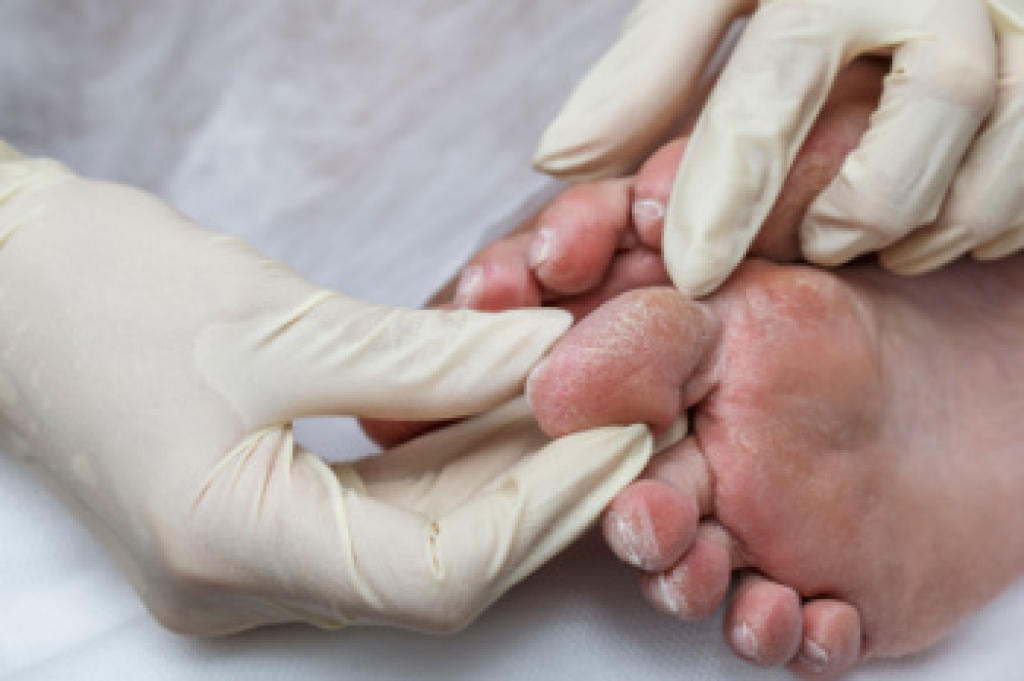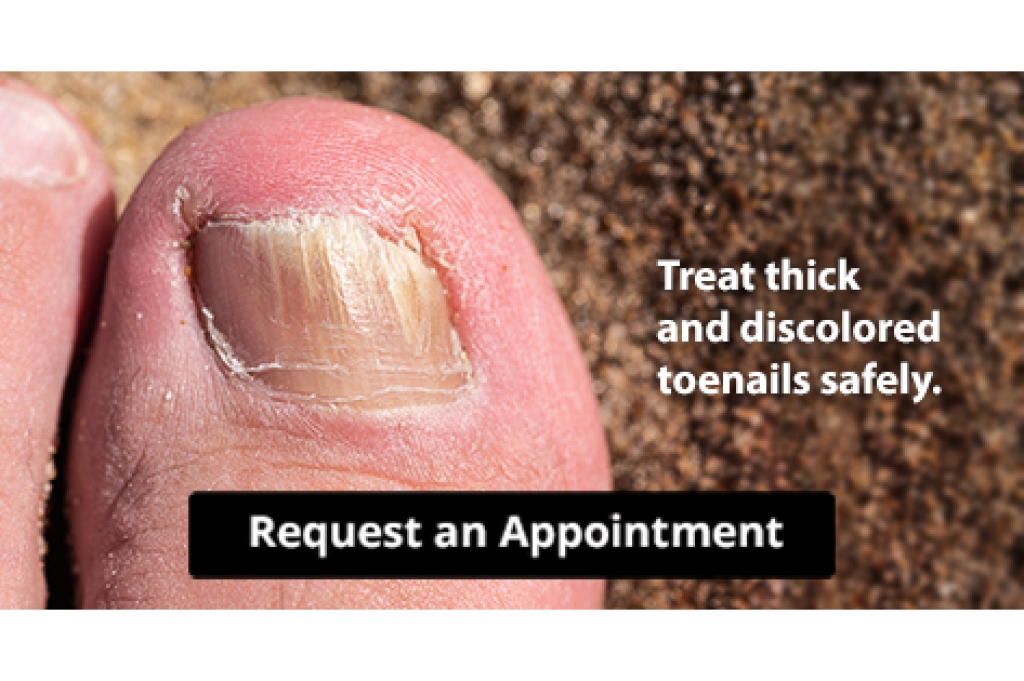
Running can place repetitive stress on the feet, leading to common injuries like plantar fasciitis, stress fractures, Achilles tendon irritation, and pain along the top or ball of the foot. These conditions often develop from overuse, improper footwear, or inefficient running mechanics. Prevention begins with adopting a low- impact running form that reduces strain. Running with short strides and a quick cadence helps limit excessive force. Landing lightly on the ball of the foot rather than the toes, and quickly lifting the foot off the ground can improve efficiency and decrease stress. Proper stretching and recovery are also essential. A podiatrist can evaluate gait and recommend support. If you have sustained a foot or ankle injury while running, it is suggested that you consult a podiatrist who can evaluate gait, and guide you toward appropriate treatment solutions.
Exercising your feet regularly with the proper foot wear is a great way to prevent injuries. If you have any concerns about your feet, contact Adam Klein, DPM of Lynbrook, NY. Our practitioner will treat your foot and ankle needs.
How to Prevent Running Injuries
Many common running injuries are caused by overuse and overtraining. When the back of the kneecap starts wearing out and starts causing pain in your knee, this is commonly referred to as runner’s knee. Runner’s knee is a decrease in strength in your quadriceps and can occur if you’re not wearing properly fitted or supporting shoes. To prevent runner’s knee, focusing on hip strengthening is a good idea, as well as strengthening your quads to keep the kneecaps aligned.
What Are Some Causes of Running Injuries?
- One cause of a common running injury is called iliotibial band syndrome.
- Plantar fasciitis is also another common injury.
- Stress fractures can occur from overtraining, lack of calcium, or even your running style.
Best Ways to Prevent Running Injuries
- Wear footwear that fits properly and suits your running needs.
- Running shoes are the only protective gear that runners have to safeguard them from injury.
- Make a training schedule. Adding strengthening exercises as well as regular stretching can help keep you strong and limber and can lessen the possibility of injuries.
- Stretching keeps muscles limber; this will help you gain better flexibility.
If you have any questions, please feel free to contact our office located in Contact Us . We offer the newest diagnostic and treatment technologies for all your foot care needs.




